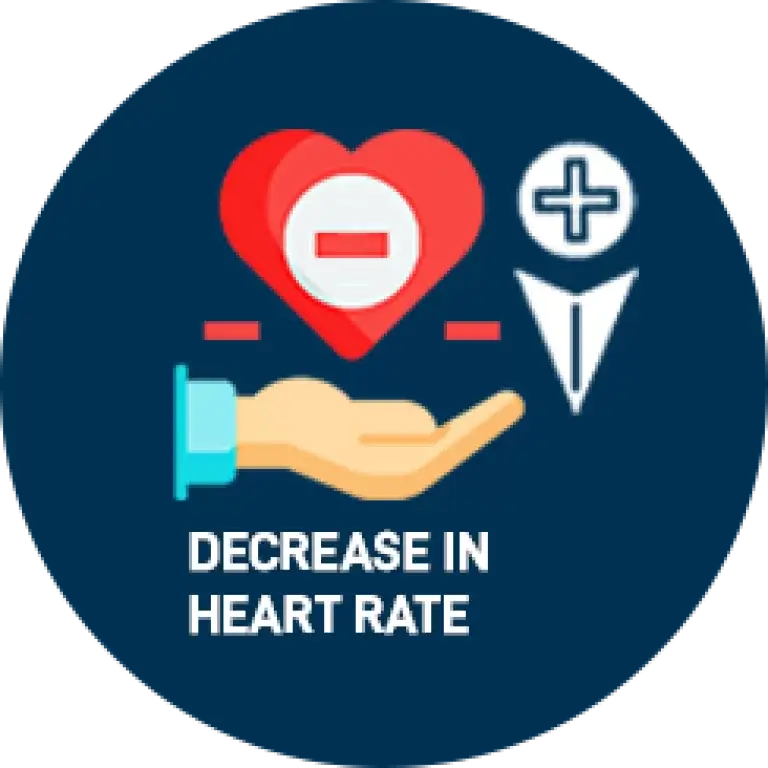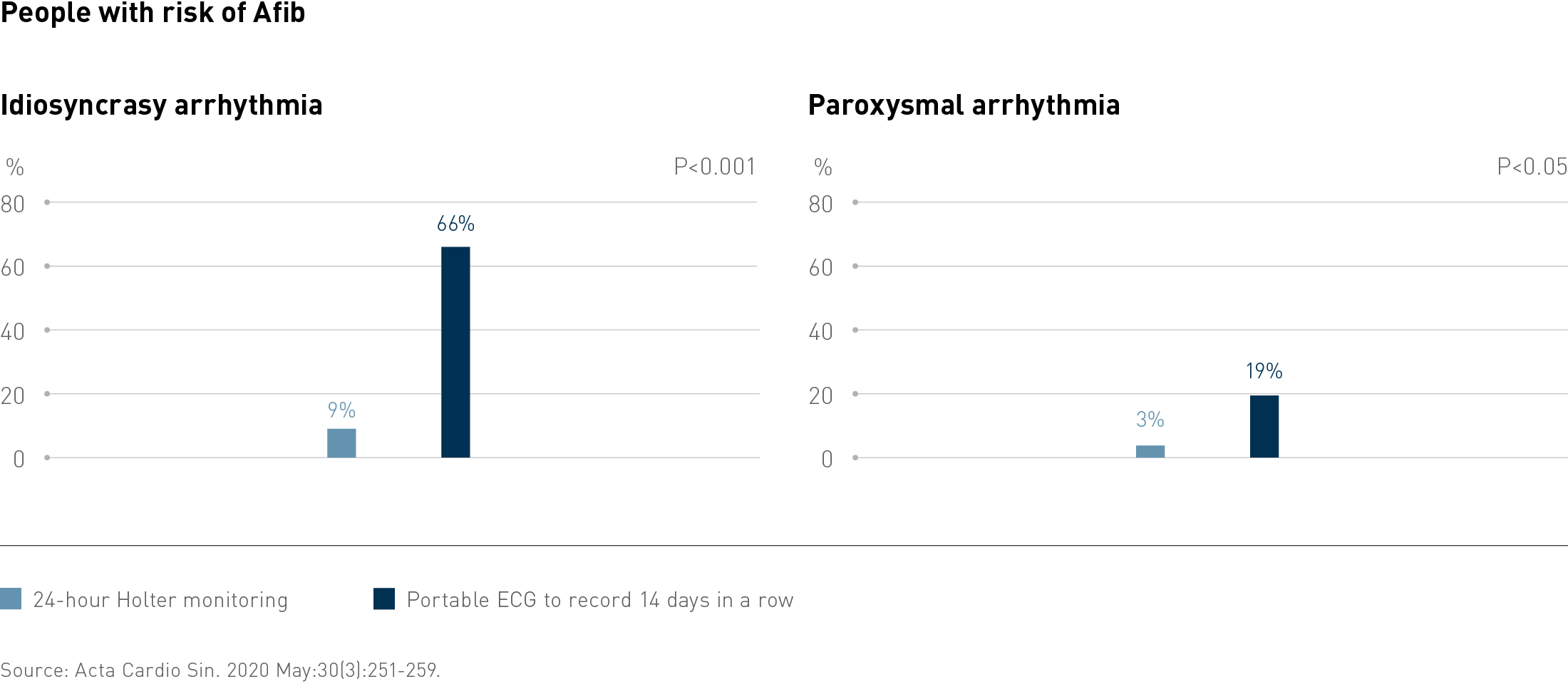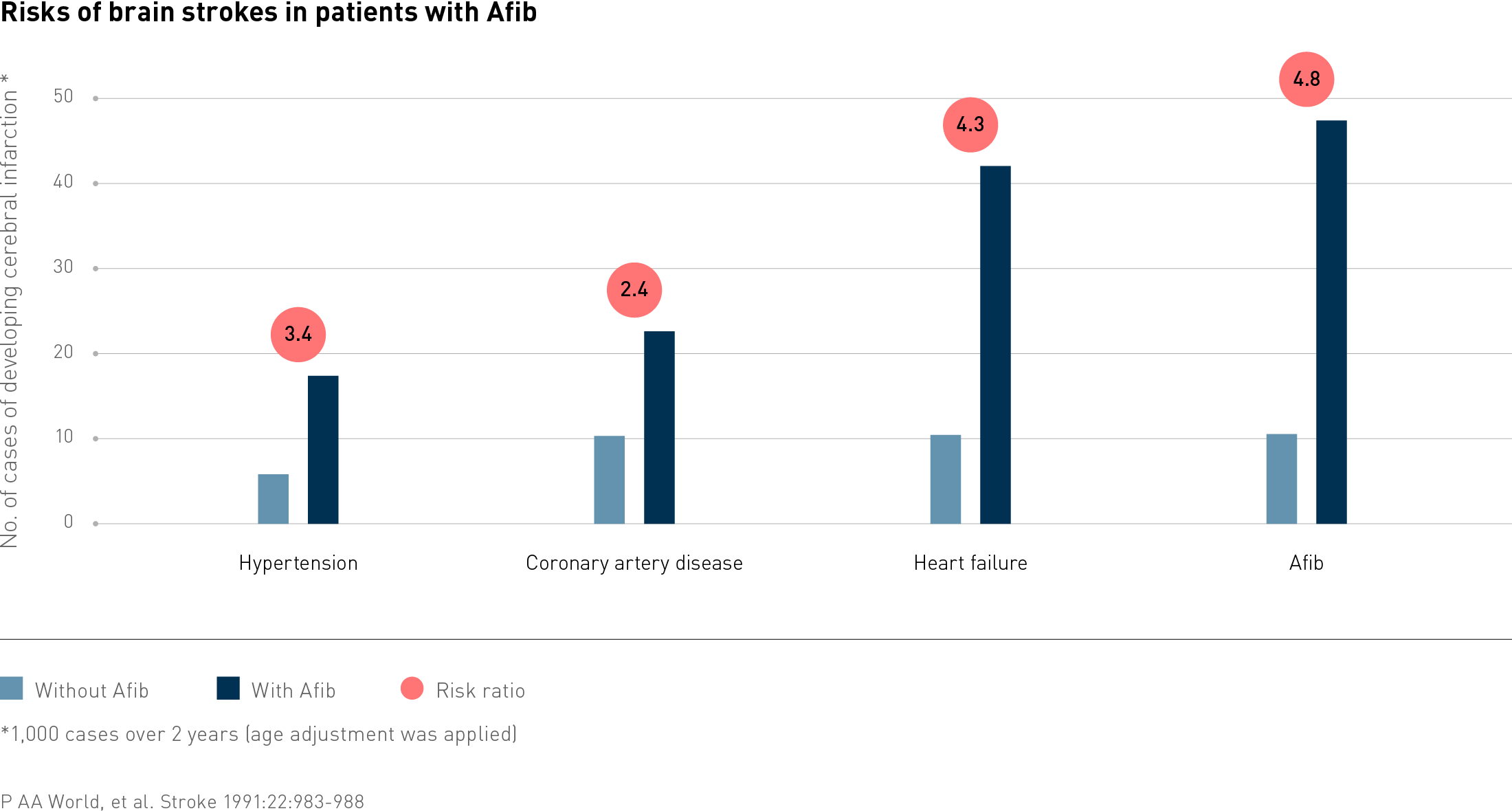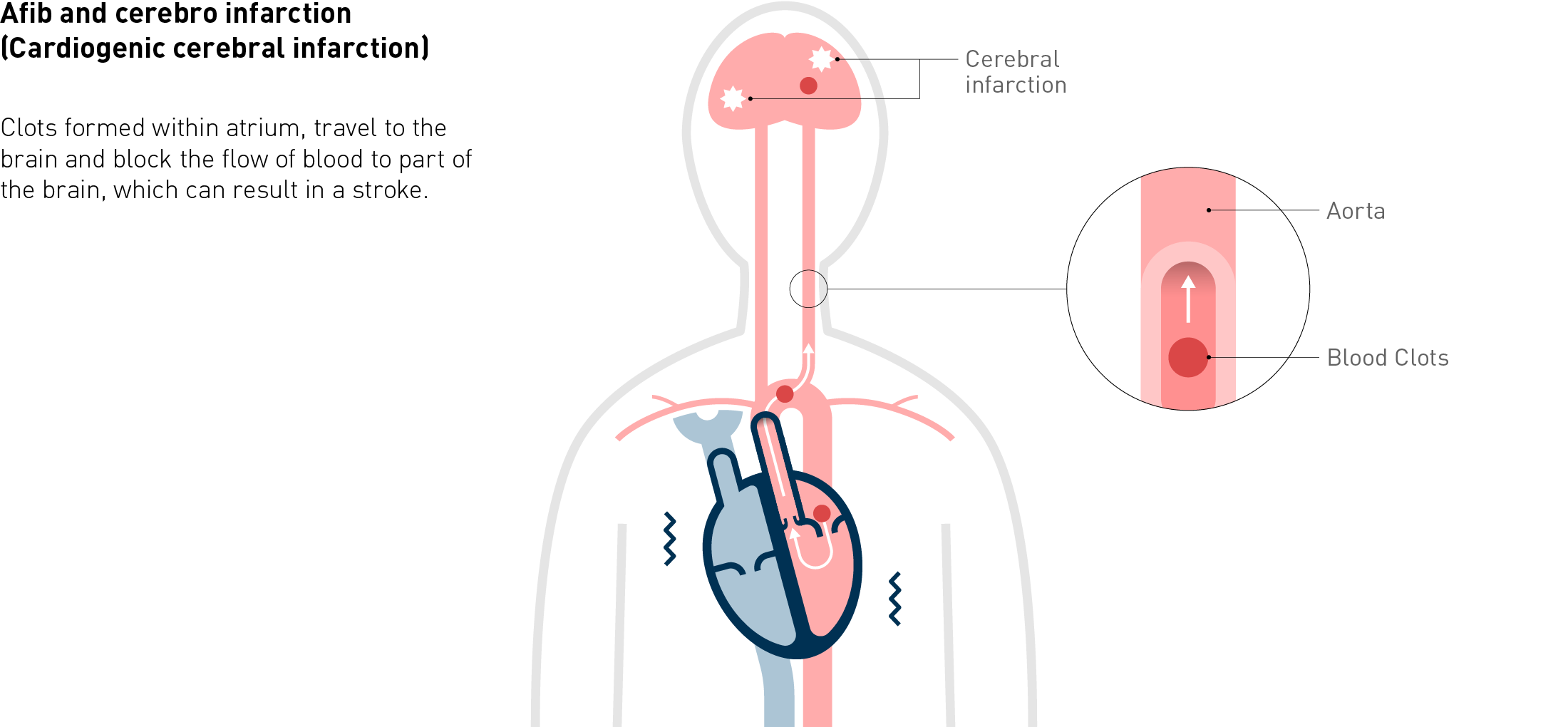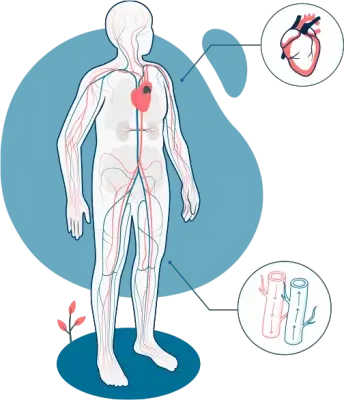
The heart is a complex but well- studied organ that keeps our blood oxygenated and our bodies, well, alive. It pumps blood around our lungs and to the rest of our body.
Our heart is intimately tied to how we feel- it influences, and is influenced by, our level of physiological arousal.
2 systems work to regulate heart rate:
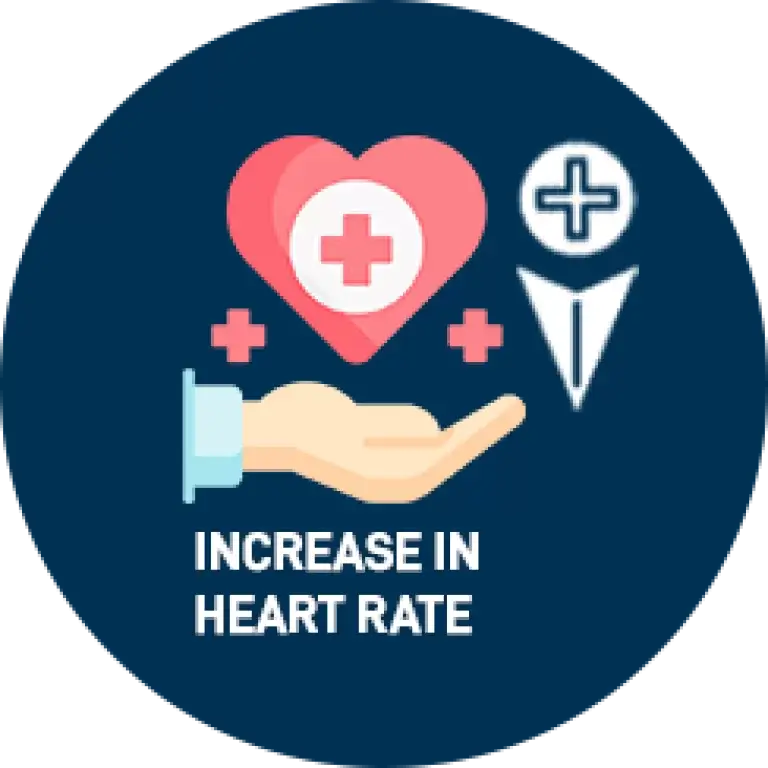
Sympathetic
nervous system
